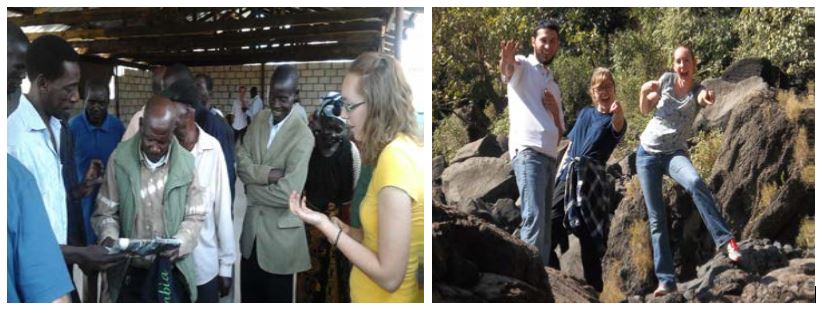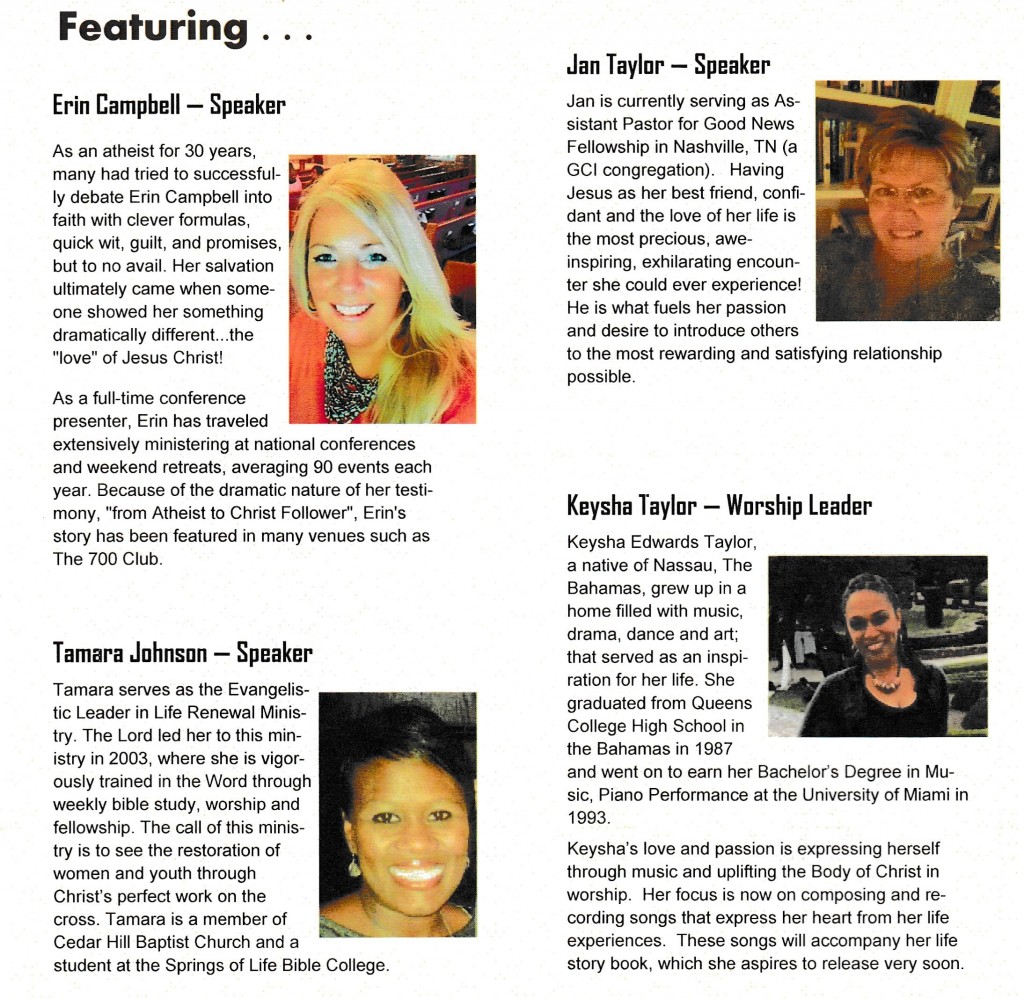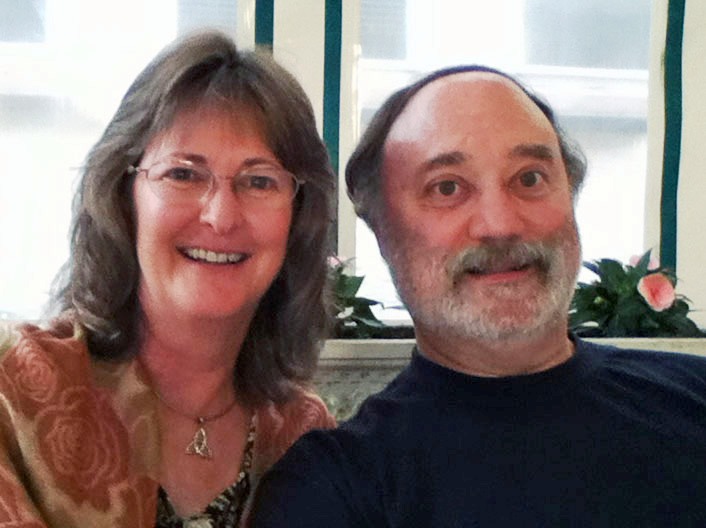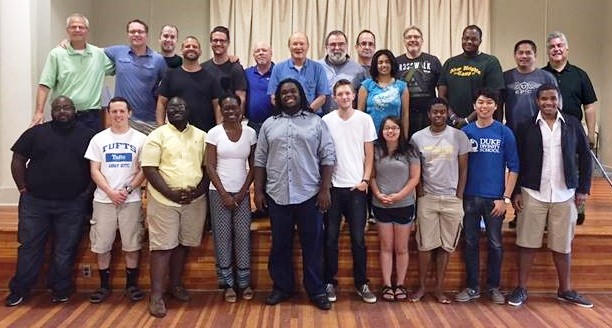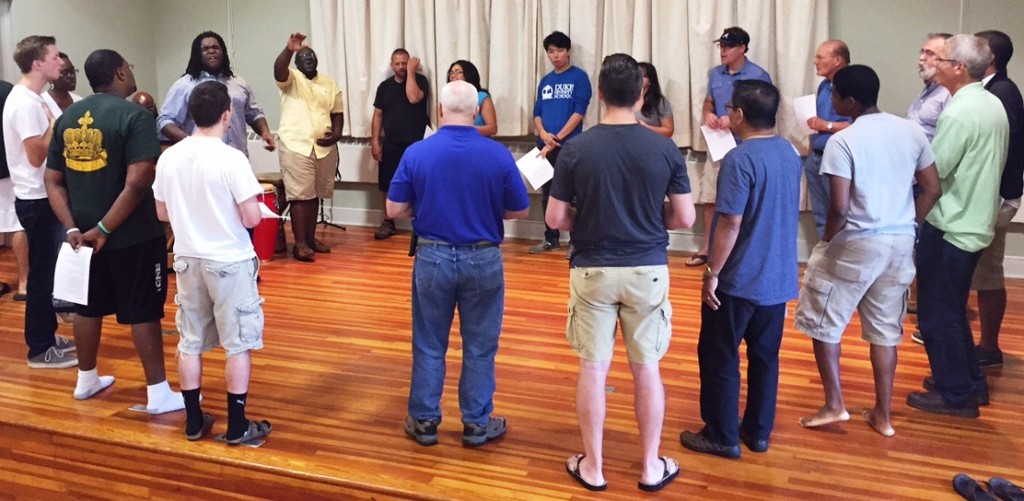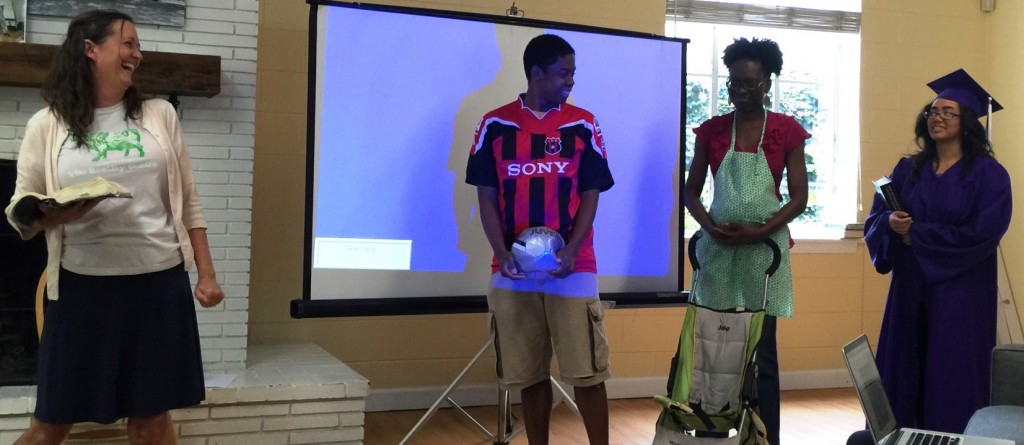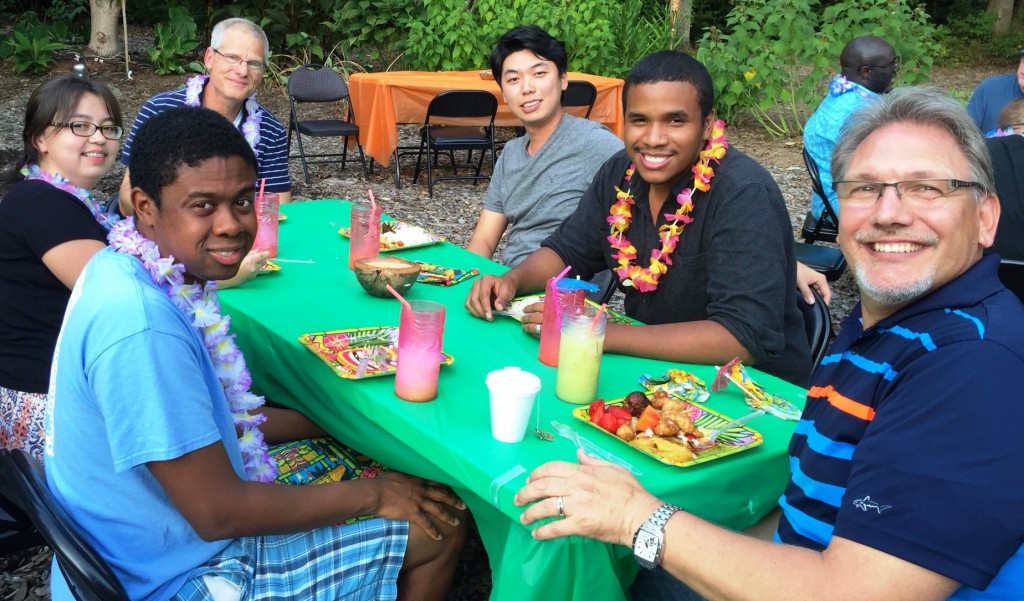Here is part 1 of an 8-part essay by Dr. Gary Deddo titled “The Christian life and our participation in Christ’s continuing ministry.” It’s a revised and expanded version of chapter seven (written by Gary) in the book An Introduction to Torrance Theology: Discovering the Incarnate Savior, edited by Gerritt Scott Dawson. To read other parts of the essay, click on a number: 2, 3, 4, 5, 6, 7, 8. For all 8 parts combined in one article, click here.
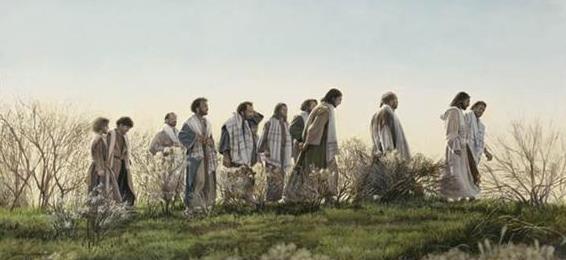
Introduction
There has been in recent years in North America a rising emphasis on the nature and obligations of the Christian life, especially within the evangelical branches of the church, whether within mainline denominations, historically evangelical denominations or independent churches. This emphasis in itself is not problematic and could be an indicator of a growing awareness that being Christian requires a living coherence of piety and practice, faith and obedience, private devotion and public witness, personal holiness and social righteousness. In these days when there seems to be a significant moral decline, a call within the Christian church to obedience and faithfulness is understandable. This focus on the Christian life is registered in the vast sales of books like Rick Warren’s The Purpose-Driven Life. A hunger for more integrity and depth in the Christian life can also be seen in the ongoing interest in spiritual formation and the accompanying proliferation of books, seminars, and retreats on this theme.
Some in the church see the great social needs of our society and world, especially apparent and magnified by natural disasters and wars. The issue of global justice has grabbed the attention of many in the church who are wrought up over terrorism, war, human trafficking, starvation and the devastating AIDS epidemic especially witnessed in Africa. There is an acute awareness that the Christian Church ought to be more involved in bearing faithful witness to the justice and compassion of God in these situations.
On another front, some long for a transformed and emerging church in which we would find “A New Kind of Christian.” In such churches, Christian witness would attempt to address our postmodern society more by deeds than by words, more by community than individuals. Among the youth we saw a brief and not unrelated revival of concern for faithful Christian living embodied in the motto that was printed on thousands of armbands worn by teenagers and admired by adults: WWJD? (What Would Jesus Do?).
In light of the seeming ineffectiveness and apparent irrelevance of the Christian faith in our secularized culture, other voices are calling for the establishment of a missional church. Such a church would be captivated by a vision that saw its very reason for being the engagement of the world though service, evangelism, and outreach. All of what the church is and does would gain its impetus and justification by virtue of its contributing to the missio Dei, the mission of God, to take the gospel to our postmodern culture.
I mention these interests, trends, and themes of our contemporary church not to disparage them. There is a genuine hunger for Christian faithfulness in all of these. There is much to affirm, admire and commend in these movements that no doubt reflect something of the heart of the God of our Lord Jesus Christ. I have no intention to commend to you yet another emphasis, program, theme or movement as a superior alternative to those just mentioned.
The question of a proper foundation
Taking as my cue the theological vision of the Torrance brothers (Thomas F. Torrance and James B. Torrance), I want to raise a question about the foundations on which these various approaches to the Christian life are built—about the theological foundations that undergird them. Further, I would like to offer a theological foundation for any or every one of these movements. First, so that they might remain faithful to the gospel and its Lord, Jesus Christ. Second, so they do not lead to burnout and disillusionment in the Christian life and ministry.
The theological insight of the Torrances bears witness that if these genuine impulses of the Spirit regarding the Christian life are not properly grounded, if they do not begin with a proper theological starting point, they will be open to subversion, even co-option by alien spirits and sooner or later take their adherents into spiritual exhaustion. As the former student of Thomas F. Torrance, Ray Anderson, has repeatedly stated throughout his 35 years of seminary teaching, “Burnout in the Christian life and ministry is essentially a theological problem.” Unfortunately, but to the glory of God, I can attest to this truth, hidden from me until well into my 20 years of university campus ministry. It turns out that theology, when grasped at its center, is the most practical aspect of the Christian life. It must undergird and direct all other Christian practice: whether prayer or the practice of spiritual disciplines, social justice, racial reconciliation, worship, evangelism, compassion for the poor, church renewal, or the missio Dei, God’s mission. It was not until I had a profound grasp of the Torrances’ theology that I could clearly see this. The Christian life requires a properly grasped theological foundation that directs us to the living source of our Christian work, witness and worship.
The legacy of the Torrance theological vision guards against faulty and false foundations for the Christian life and the worship and witness of the church by grounding the whole of the Christian life in its true source. The life of the church has but one foundation. There is only one thing that makes the Church Christian. That foundation is Jesus Christ. It is not first the faithfulness of Christians or the richness of their experience or the dedication of their service or even the acumen of their theological pronouncements. Theological reflection that honors this foundation takes as its sole starting point the question: Who is Jesus Christ? After addressing that inquiry, and only after, can we take up the secondary theological question: Who are we in relationship to Jesus Christ?
Following that theological trajectory, set out for us by Jesus himself (see Mark 8:27), the Torrance brothers provide the essential answer to who we are in Jesus Christ. They hold forth the reality and actuality of a) our union with the risen and ascended Lord Jesus Christ and b) our participation or ongoing communion with him in his continuing mediation and ministry for us and on our behalf. James Torrance often referred to these as the twin doctrines of our union with Christ and our participation in the gift of the life of Christ. What the teaching from the Torrance brothers identifies this as the core reality of the Christian life. Union with Christ and communion or participation in Christ are the two foundational realities of the Christian life and should never be separated from each other.
For some, the words that follow in this series of articles may be a welcome review. For others, I trust this word concerning our union with Christ and the Christian life as participation may, God willing, renew your faith, as it did mine years ago.
The reality to which the doctrine of union with Christ points
A case easily can be made from the New Testament that essential to the very meaning of being a follower of Christ was that one is united to Christ. If you asked someone in the early church whether they were followers of Jesus, they might answer, “Yes, I am united to Christ.” Centuries later, this was also true of the magisterial Reformers. Being a Christian meant for each: I am united to Christ.
Now think of how we most often identify ourselves as Christians. Is one of the first things you think of, “Yes, I’m united to Christ”? Or would you begin, “Yes, I made a decision for Christ.” “I follow the teachings of Jesus.” “I believe that Jesus Christ is the Son of God.” “I attend church regularly.” “I was baptized and confirmed.” “I’m committed to Jesus Christ.” “I am born again.” There’s nothing wrong with these answers in themselves. They contain part of the truth. Notice, however, that they all refer to something we do or have done. The emphasis is on our response and action. But does this get to the root of who we really are as Christians?
By leaving union with Christ unacknowledged, all these other definitions and declarations leave us on a precarious perch. As James Torrance used to say, we can easily be thrown back on ourselves when we concentrate on our response apart from grasping the truth, reality and actuality of our union with Christ. Jesus Christ, when viewed from within an emphasis on our making a response, can appear to be at a great distance from us. The work Christ does can be regarded as largely in the past and relatively external. The grace of God can begin to seem merely as if it provided us with a new potential. We can end up thinking: “By grace God made the Christian life possible by forgiving our sins and giving us a new status of being in right relationship with him. Now all we have to do is appropriate, apply or actualize that new potential life that God has graciously given us.” So we turn with enthusiasm (or perhaps in desperation) to one of those emphases, visions, tasks or goals I noted earlier. We attempt by our efforts to make the Christian life practical, relevant, and vital. That is how I went about my Christian life for many years—as if God in Christ had given me a potentially new life. It was up to me to make it real and actual.
What I have often observed in the Christian church is that whether conservative or liberal, traditional or contemporary, emergent or megachurch, Christians basically live as if saved by grace but sanctified by works. We depend on our own efforts, choices, accomplishments or zeal. Grace is where we start the Christian life, but often we somehow end up “thrown back upon our own resources” and feeling under a great burden. Then we become first unimpressed, then perhaps depressed, and finally even coldly cynical about the whole Christian life itself. A great part of the problem is that we often have not grasped and we often have not been taught, either in our churches or in our seminaries, about the full extent of the grace of God extended to us in Jesus Christ. We have failed to hear what union with Christ means and of our participation in the continuing mediatorial ministry of Christ.





